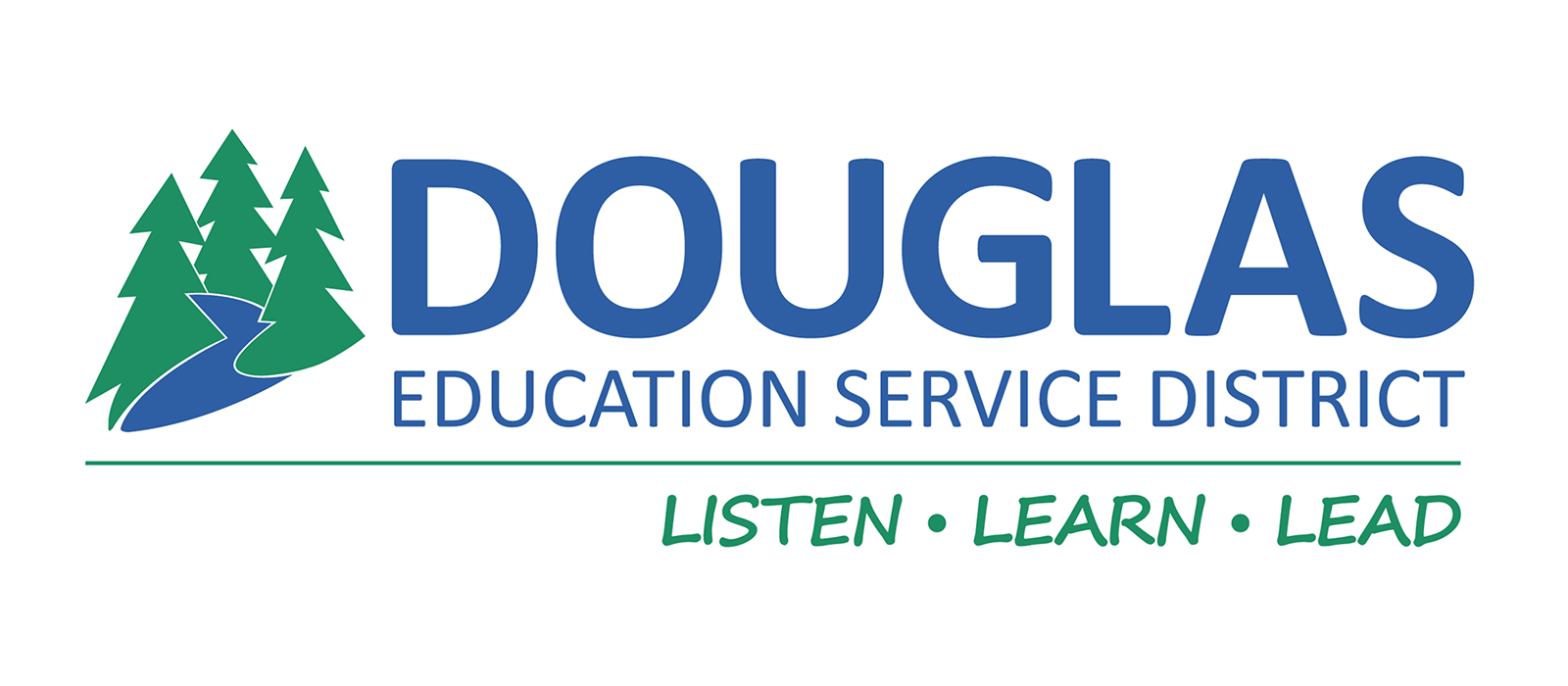Suicide Prevention Resources Available
Adapt Integrated Health Care and Douglas Education Service District are deeply saddened by recent losses to suicide in our community. We would like to inform residents of the available resources and services designed to provide support, prevent suicide, and promote mental health and well-being.
988 Suicide & Crisis Lifeline:
- Trained crisis counselors are available 24/7 through the 988 Suicide & Crisis Lifeline via text, chat and phone. Call or text 988 or chat online at 988Lifeline.org. 988 provides free, confidential support for individuals in distress or crisis. Trained counselors are available to offer guidance and resources.
Adapt Crisis Services:
- Adapt Mental Health Crisis Services offers 24/7 support through the Mental Health Crisis line at (800) 866-9780 or at the office line (541) 440-3532. Services include mental health evaluation and intervention, treatment determination, and referrals to mental health services and other community resources.
Adapt Open Access Services:
- Adapt offers walk-in, within-24-hour mental health services without a referral from a healthcare provider at 621 West Madrone Street in Roseburg.
Douglas ESD Behavioral Services:
- Douglas ESD provides behavioral health services, including counseling and support for students and families.
- Contact your local school district or Amy Wootton at amy.wootton@douglasesd.k12.or.us for more information.
Gun & Med Safe Storage Availability:
- Safe storage of firearms and medications can help prevent suicide.
- Contact local law enforcement or Adapt Integrated Health Care at 541-672-2691 for information on gun and medication safety resources.
Talking about suicide with a loved one can be one of the most important conversations you will ever have. Ensuring that both you and your loved one feel supported and respected during this delicate discussion is crucial. Following these guidelines may help encourage a compassionate and effective conversation about suicide and suicidal thoughts.
- Be empathetic and non-judgmental:
- Approach the conversation with understanding and a willingness to listen. Avoid being critical of their feelings.
- Use open-ended questions:
- Encourage the person to share their thoughts and feelings by asking questions that allow for more in-depth responses, rather than simple yes or no answers.
- Be direct but gentle:
- When asking about suicidal thoughts, it is important to be clear and straightforward while maintaining a gentle tone. For example, you might ask, “Are you having thoughts of ending your life?”
- Validate their feelings:
- Acknowledge the pain and emotions they are experiencing. Let them know it is okay to feel this way.
- Avoid offering solutions or advice:
- Instead of trying to fix the situation, focus on being there to listen and offer support.
- Offer resources and help:
- Provide information about local mental health services, hotlines, or support groups, and offer to help connect them with professional assistance.
- Maintain confidentiality:
- Respect their privacy and trust by keeping the conversation confidential unless there is an immediate risk of harm to themselves or others.
- Follow up:
- Check in with the person regularly to see how they are doing. Continue to offer support and encouragement.
- Educate yourself:
- Learn more about suicide, mental health, and available resources to better understand the struggles your loved one may be facing and how you can help.
- Take care of yourself:
- Supporting someone who is struggling with suicidal thoughts can be emotionally challenging. Remember to practice self-care and seek support for yourself as needed.
Adapt Integrated Health Care and Douglas ESD are committed to providing the support and resources necessary to prevent suicide and promote mental health and well-being in our community.
In the event of a life-threatening emergency, residents should call 911.
